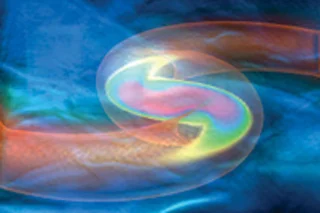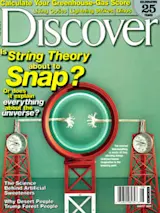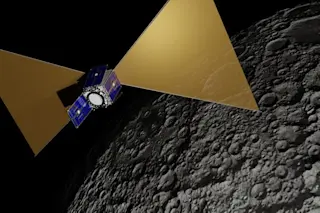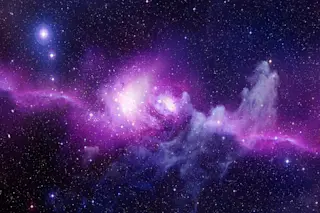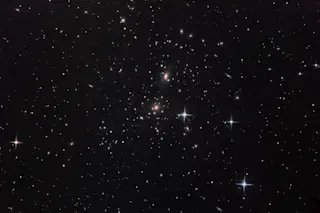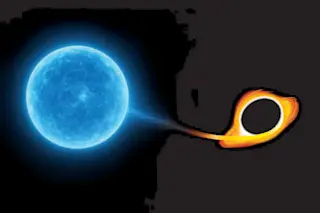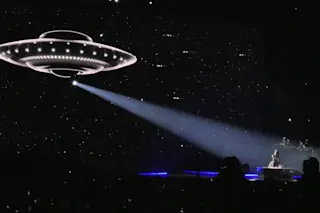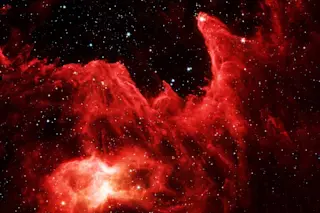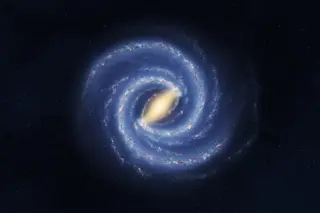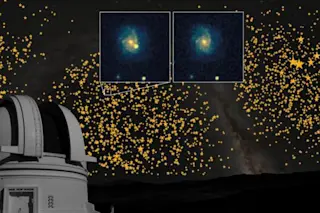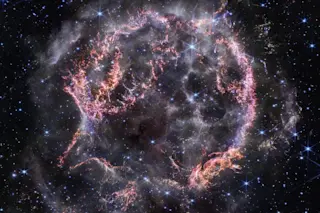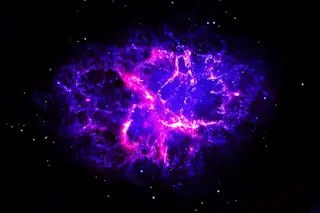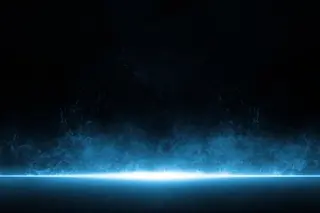The most intense explosions in the universe, known as gamma-ray bursts, are also among the least predictable. “They are less likely to happen in the same place twice than a lightning strike,” says Pennsylvania State University astrophysicist David Burrows, who heads the X-ray telescope instrument team for NASA’s orbiting Swift Observatory. So astronomers were elated when Swift recently spotted a rare 50-millisecond gamma-ray burst roughly 3 billion light-years away.
It was the first time scientists pinpointed a short gamma-ray burst (lasting less than a second), which probably occurs during a collision of dense neutron stars. Previously, astronomers had observed only long bursts typically lasting about 10 seconds, which are associated with supernovas. Both types are believed to mark the creation of black holes.
After detecting the initial flash, Swift focused on the burst’s faint X-ray afterglow, a dim electromagnetic signal emitted when high-energy particles from the blast heat the surrounding ...


